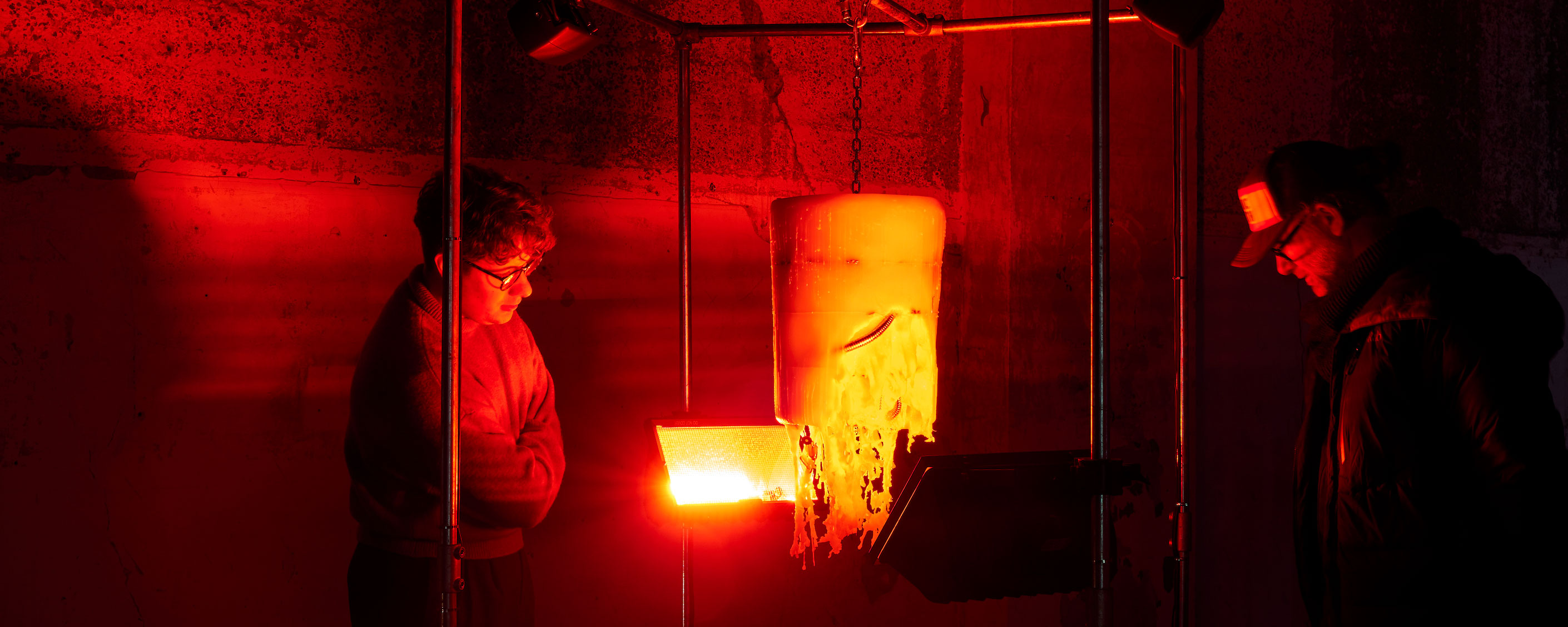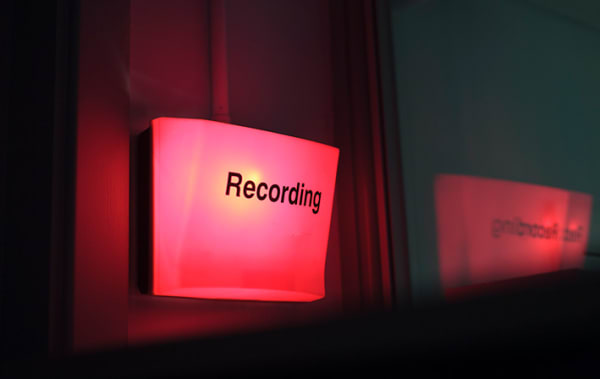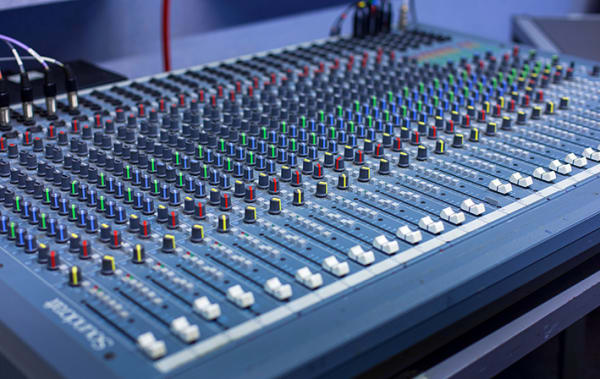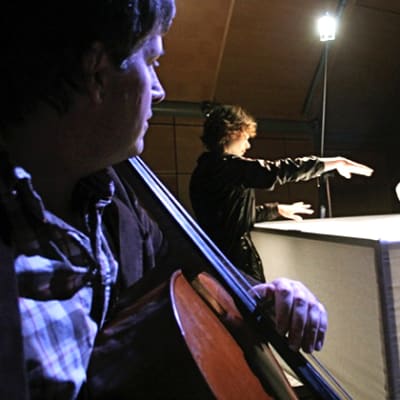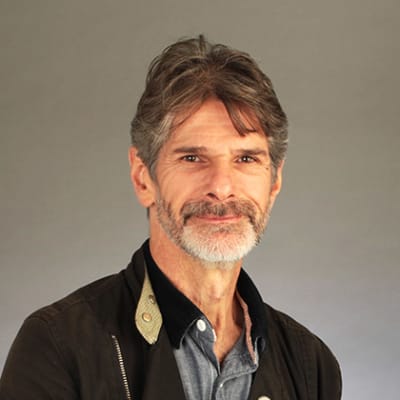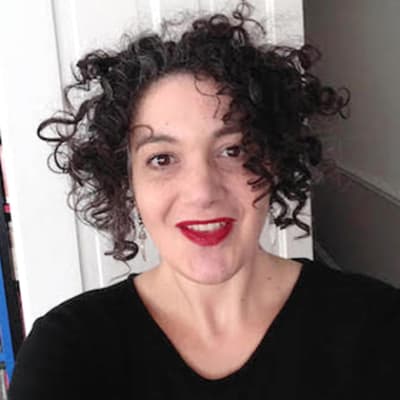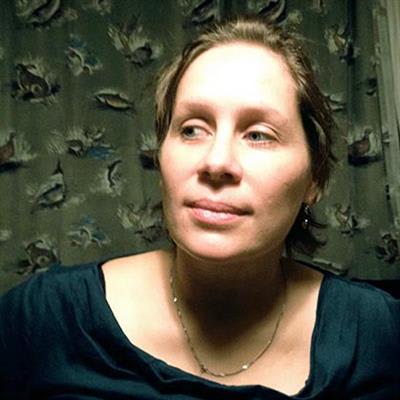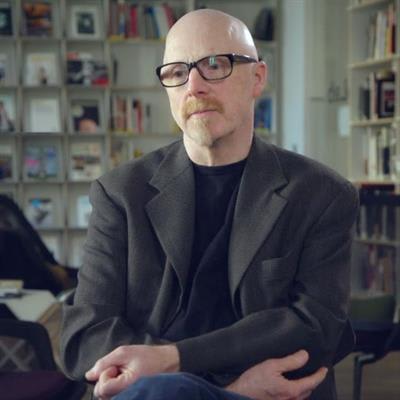Course units
In response to the Climate Emergency, UAL has embedded responsible practices within the curriculum. We shaped our courses around principles of social and racial justice, and environmental sustainability that ensure learning outcomes reflect the urgent need to equip you with the understanding, skills, and values for ethical practice and empower you to work towards an equitable future.
Each course is divided into units, which are credit-rated. The minimum unit size is 20 credits. The MA course structure involves 6 units, totalling 180 credits.
In addition to focusing on the development of your creative practice, units on MA Sound Arts have been designed to help you consider how sound can be understood and used to critique and question relationships of power that are linked to critical themes of gender, decolonisation and sustainability. All units on MA Sound Arts are compulsory.
Autumn, term 1
Practice-Based Research (40 credits)
This unit helps you to plan, develop and realise an applied research project which results in the production of creative sound work. You’ll learn about different ideas of art as both professional practice and practice-based research, and consider the ways in which diversity, inclusion and sustainability inform your process before presenting your own work and research ideas to your fellow students..
Contemporary Themes in Sound Arts Practice (20 credits)
You'll build a practical understanding of contemporary themes in sound arts practice by exploring different genres and strategies, enabling you to develop an understanding of discourse in relation to creative production. You’ll also research and review how a particular artist’s practice is sited in the broader field of sound art.
Spring, term 2
Practice-Based Research (continued)
Contemporary Themes in Sound Arts Practice (continued)
Collaborative Unit (20 credits)
This unit will enable you to explore collaborative practice and the social experience of sound, both from within sound arts - where you’ll develop a diverse range of collective responses - and between disciplines, where you’ll work with students from other areas on individual projects.
Summer, term 3
Project Development (20 credits)
In this unit, you’ll present a Development Proposal which will identify the area of work that you’re going to explore – building on, experimenting with and focusing the range of ideas, experiences, skills and interests developed in Terms 1 and 2.
You'll be supported to develop your ideas through practical and scholarly research as well as creative experimentation, and you’ll also consider the appropriate format for your final project.
Curatorial Contexts for Sound Art (20 credits)
This unit explores issues around the curation, exhibition and perception of work relating to sound arts. It provides an understanding of the contexts through which sound arts practice is presented, curated and distributed in the public domain - in the gallery, in the concert hall and other performance spaces, on the internet, on the radio, or in public spaces outside the traditional curatorial reach. During the unit, you will actively engage with discourses relating to climate justice and the ways in which work can be developed with environmental, cultural, economic, and social value.
Major Project (60 credits)
This final unit of the MA consolidates your learning experience of the previous units through the completion and presentation of a Major Project. This will take place in the context of a curated show hosted in an acoustically and visually compelling public space, which maximises the appreciation of your work as a sound arts practitioner.
Autumn, term 4
Major Project (continued)
If you are unable to continue or decide to exit the course, there are two possible exit awards. A Postgraduate Certificate will be awarded on successful completion of the first 60 credits and a Postgraduate Diploma will be awarded on successful completion of the first 120 credits.
